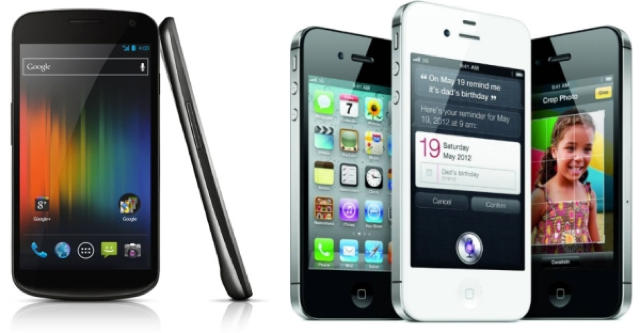A recent survey of mobile carrier execs by Deloitte highlights some of the major concerns over the next few years. Chief among them is losing control of the mobile industry and market space to platform developers – namely Apple and Google. As Galen Grumen points out for Infoworld, this scenario actually gives Apple more power than Google because Apple controls the entire iOS ecosystem, from operating system to hardware to app and media sales.
This situation has mobile carriers worried. Carriers in Europe have actually gone so far as to consider developing their own smartphone platform to compete with iOS and Android in the hopes of enough success to maintain bargaining power against the demands of Apple or Android manufacturers. But the big question is whether or not this is good for consumers and business customers.
Of course, carriers have actually handed a lot of clout to Google in aggressively marketing Android devices as iPhone alternatives in the hopes of creating competition that might ultimately weaken Apple’s dominant position at the negotiating table for future devices.
This has obviously backfired on two fronts: one, they handed Google and Android manufacturers, particularly Samsung, more power of their own and the freedom of manufacturers and carriers to skin Android and control the Android update process; a reason users prefer the consistent iOS experience and carrier-free update process – lessons Microsoft took to heart in negotiating its Windows Phone agreements.
Obviously, this is good for Apple, which is reaping huge profits from iOS. It’s also a win for consumers in terms of user experience and the ability to not be held captive when it comes to mobile OS updates.
Carriers, however, lose a lot of control of the device and the consumer in the process and effectively become just a data delivery system for devices – forcing them to compete solely on price and network performance. That’s a change from competing on device features and carrier-specific services, which have given carriers ways to differentiate for years.
It’s hard to feel bad for carriers since they’re attempts to control user choice are what has made Apple’s carrier-agnostic approach so compelling to consumers and businesses in the first place.
It’s also hard to see this as ultimately a bad thing for the industry. Carriers still maintain large profit margins, particularly when it comes to subsidizing device costs. If anything, the consumer control Apple offers is forcing carriers to be less predatory, which is definitely a plus in countries like the U.S., where there’s limited regulation of carrier sales tactics.
Ultimately, the carriers that find a way to maximize and monetize a consumer-focused sales experience and customer relationship will likely be able to ride it all the way to the bank.


